FREDERICA FREYBERG:
In this week’s closer look, Wisconsins political divide. Everywhere you look and listen, partisan politics permeate talk radio, social media and advertising across the state. New research is underway to investigate how we got here. Research just awarded a major grant from the Wisconsin Alumni Research Foundation and UW-Madison. This week, Lew Friedland, a professor in the UW School of Journalism and Mass Communication is here to explain why we might be headed for a democratic crisis. Lew, thanks very much for being here.
LEW FRIEDLAND:
Thank you for having me.
FREDERICA FREYBERG:
So how could the polarization of Wisconsin media result in a democratic crisis?
LEW FRIEDLAND:
Well, these days people live in their media environments. And I think many of us know that, we realize it. We are on Facebook. We’re on Twitter. We’re on all kinds of social media. We’re bombarded by media of all sorts. And that affects our political environment as well. And here in Wisconsin I don’t think it’s a secret that we’ve had contentious politics over the last at least eight years or so. And we believe that media has probably played a large role in that contention. And we want to understand whether it has and how it has.
FREDERICA FREYBERG:
Whats an example of kind of the polarization and fragmentation in the media that we digest here in Wisconsin?
LEW FRIEDLAND:
Well, one of the most interesting examples in Wisconsin is that we have a unique ecology in this state because our newspapers are really important still in this state, but they are shrinking, as they are elsewhere. Newspapers are the fountain of most local news and information. So when newspapers shrink, state house reporting shrinks. We’ve seen a steady decrease in state house reporters. So that’s less information going out to local communities, less that’s being reported on. What takes the place of that? Well, it’s party communication and social media.
FREDERICA FREYBERG:
And there’s also a role for, I understand, in your investigation kind of conservative talk radio and how that helped shape partisan politics.
LEW FRIEDLAND:
Absolutely. I mean, many people know that the Milwaukee Journal Sentinel was a major force in this state, with a circulation of almost 300,000. Well, over the last decade, it shrunk to somewhat above 100,000. So it shrunk considerably statewide. At the same time, talk radio has begun to saturate the state, not just local talk, but national talk. 70 hours total of talk radio per day in Wisconsin across the entire state. Of course, that’s from all sources. And that changes the political environment in some fairly basic ways.
FREDERICA FREYBERG:
What are the components of your research? How are you conducting it?
LEW FRIEDLAND:
We are — we have three basic layers to our research. We’re looking at what we call the political ecology of the state, the range of statements of political actors, politicians, press releases, the way that they’ve conducted their media political advertising. We’re looking at what we call the media, the communication ecology. So how has Twitter affected the way that people understand politics? The decline of newspapers as I just mentioned. The rise in talk radio. And then we’re also looking at a social layer. How do the basic demographics of the state, where people are employed or where they’re not employed, how does that affect their political understanding.
FREDERICA FREYBERG:
Kind of going back to the head of this interview, why is it important that we measure and understand this over such a long period of time?
LEW FRIEDLAND:
Well, we are in a period of momentous change in our political communication ecology. And if we do believe that we are a nation which is — in which politics are more contentious than they have been in quite a while, and I think many people on all sides believe that, then understanding our communication ecology is a fundamental starting point to knowing how we got here and possibly how we can begin to work our way out of it.
FREDERICA FREYBERG:
All right. We leave it there. Lew Friedland, thanks very much and good luck with the research.
LEW FRIEDLAND:
Thank you.
Search Episodes
Related Stories from PBS Wisconsin's Blog

Donate to sign up. Activate and sign in to Passport. It's that easy to help PBS Wisconsin serve your community through media that educates, inspires, and entertains.
Make your membership gift today
Only for new users: Activate Passport using your code or email address
Already a member?
Look up my account
Need some help? Go to FAQ or visit PBS Passport Help
Need help accessing PBS Wisconsin anywhere?

Online Access | Platform & Device Access | Cable or Satellite Access | Over-The-Air Access
Visit Access Guide
Need help accessing PBS Wisconsin anywhere?

Visit Our
Live TV Access Guide
Online AccessPlatform & Device Access
Cable or Satellite Access
Over-The-Air Access
Visit Access Guide
 Passport
Passport





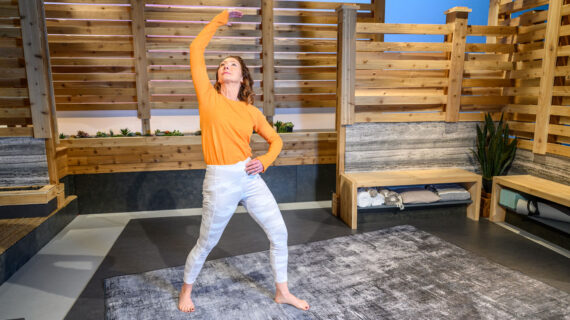
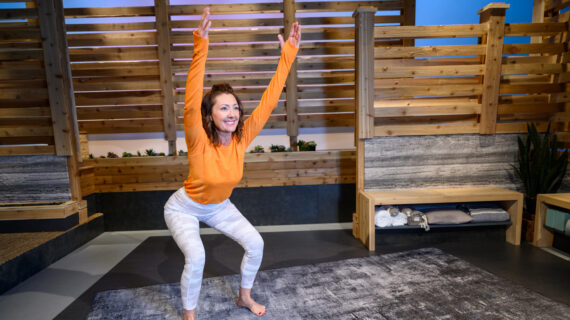
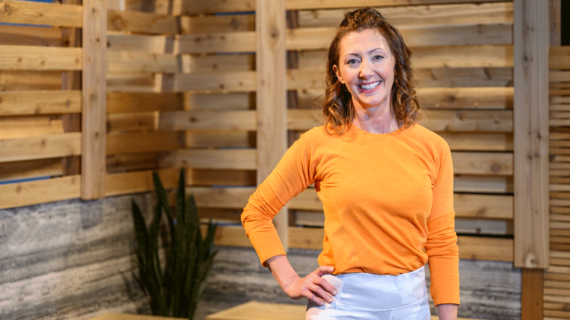
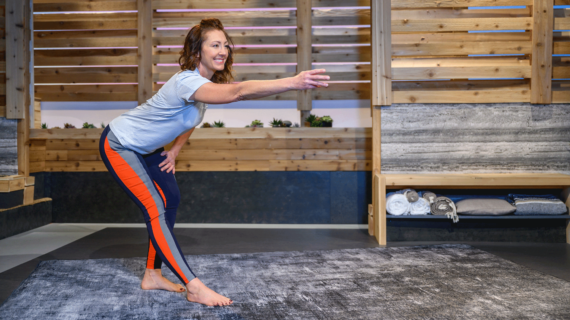
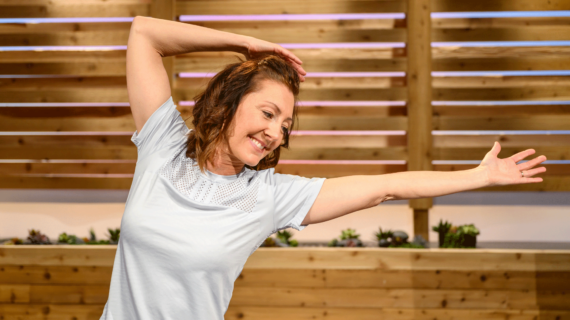

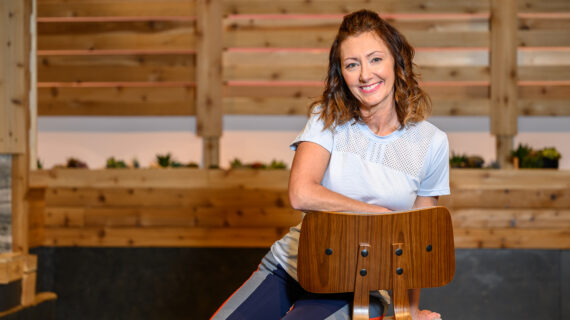

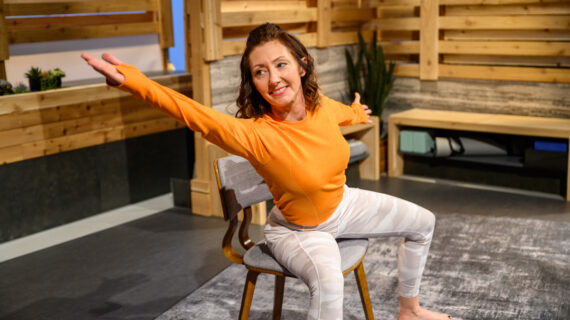


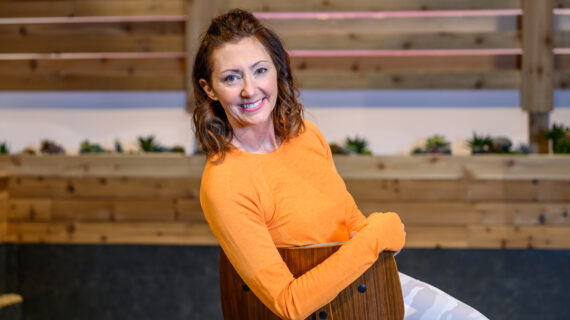

Follow Us